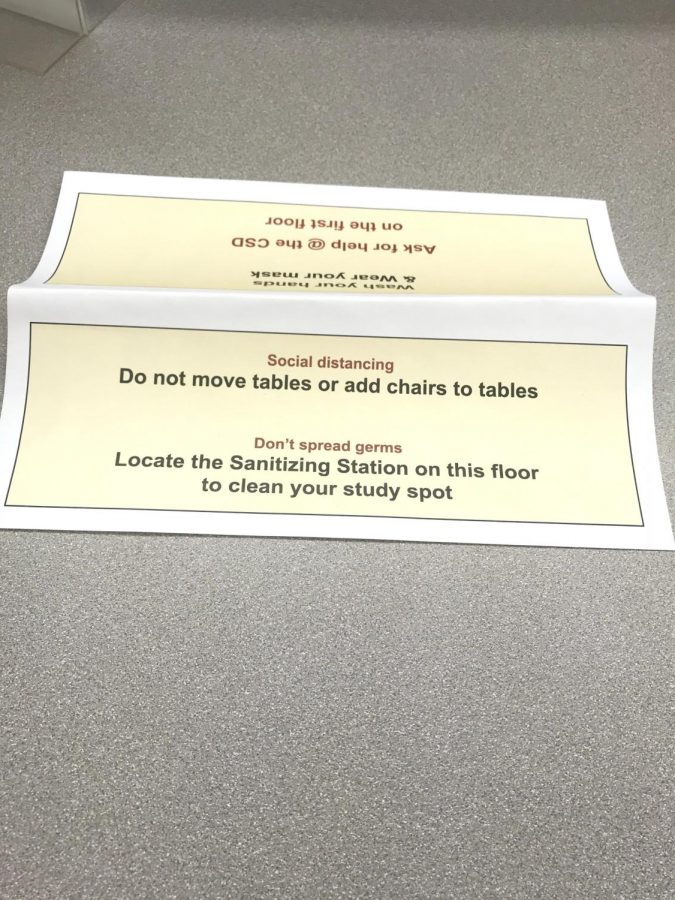Technology Troubles
Inconsistencies with Wi-Fi have left students struggling to complete work, and wondering about the technology fee’s utility.
September 30, 2020
Students across campus experienced repeated internet outages Tuesday, Sept 15. For many, it was the continuation of previous intermittent troubles they have had for weeks connecting to Hamline’s Wi-Fi.
With many of the university’s classes taking place partially or completely online, these difficulties have had tangible consequences towards students’ abilities to attend virtual classes and submit assignments.

“When things like this happen, it’s like: okay, my assignment was due at midnight and there was no way I could have accessed it,” said Grace Ryan, a senior and both the public relations and technology chair for HUSC.
Ryan recently brought these concerns to Terry Metz, the chief information officer at Hamline, who has been working to remedy these problems.
“I’ve been aware that there have been sporadic issues of reliability and connectivity for Wi-Fi,” Metz said, adding that he has been getting regular updates from IT and the central service desk.
On Tuesday, Metz was informed that there was a problem with the Hamline servers that was causing them to constantly reboot.
“[The servers] were rebooting over and over, and you take a time penalty to restart again, and then it starts again, and you take another time penalty,” Metz said, describing the situation as being “stuck in a loop.”
Senior IT Security Assurance Manager Ryan Glasgow said that some of the issues with the internet have been the result of increased use, something that is hard to avoid with so many online classes.
“The overall load of the Wi-Fi this particular semester has been above average,” Glasgow said. “The demand is just a little bit higher, and that’s been adding to inconsistencies in the dorms and whatnot.”
Efforts are being made to improve the quality of Wi-Fi throughout the campus, and these changes are being funded by a technology fee paid by students. However, many students had never noticed these charges before, leading to some confusion about them.

“The student technology fee was triggered by bringing cable internet through the residence halls, and over time that migrated to Wi-Fi,” Metz said. “That fee has been uniformly levied against all Hamline students for twenty years, it wasn’t something that was added on because of COVID or anything like that.”
During her meeting with Metz, Ryan brought up the need for clear communication in these instances between students and those who work with technology on campus.
“A lot of students, I think, understand that IT and other programs around campus have plans to fix these instances,” Ryan said. “I think there just needs to be plans for communication.”
Metz agreed with this sentiment and stressed the importance of feedback from students experiencing technical difficulties.
“One piece of advice I was always given was feedback is gold,” Metz said. “The more feedback that we can receive the more that we can understand what students’ experiences are.”
Metz brought up the outages on Sept. 15 as an example and expressed his gratitude for those students who did reach out with concerns. He said that he and his department would not necessarily know about these issues without being told.
“It’s likely that if a person actually made the effort to tell us, 15 or so other students might have been experiencing something similar but didn’t think it would make much difference if they spoke to us,” Metz said. “It always makes a difference if they speak to us, because we learn more.”
Metz encourages any student experiencing trouble with the internet to reach out with their problems and hopes that he and his department will be able to help.


